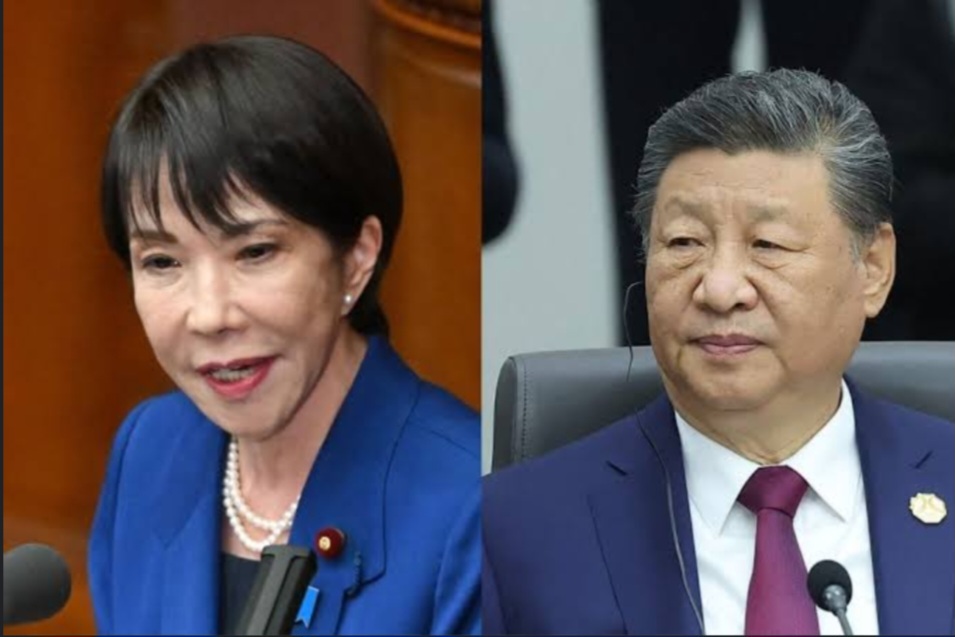
Crystal Dike
On November 17, 2025, the Japanese government issued a safety advisory for its citizens in China, urging them to “pay attention to their surroundings,” avoid large gatherings, and stay away from sensitive or symbolic public areas. The move comes amid escalating diplomatic tensions between Tokyo and Beijing over Taiwan.
The advisory followed remarks by Japanese Prime Minister Sanae Takaichi in Parliament, in which she said that a Chinese military attack on Taiwan could pose an existential threat to Japan and might justify a Japanese military response. Takaichi cited Japan’s 2015 security legislation, which allows for collective self-defense in certain scenarios.
China swiftly condemned the comments as “blatantly provocative” and warned that any Japanese intervention in a Taiwan conflict would be treated as an act of aggression, with Japan “bearing all consequences.” In a retaliatory measure, the Chinese government advised its citizens not to travel to Japan, citing safety risks and a deteriorating “atmosphere for people‑to‑people exchanges.”
Chief Cabinet Secretary Minoru Kihara of Japan strongly protested the Chinese travel advisory, calling on Beijing to take “appropriate measures” to avoid escalating tensions further. Japan has also dispatched a senior foreign ministry official to Beijing to hold talks aimed at calming the situation and preserving diplomatic channels.
The incident has drawn attention to a broader shift in regional security dynamics. Analysts say Japan’s increasingly assertive posture on Taiwan reflects growing concern over China’s expanding military capabilities in the region. Some observers warn that prolonged diplomatic friction could have economic consequences, particularly affecting tourism. China remains a major source of visitors to Japan, and restrictions or advisories could negatively impact local economies that rely heavily on tourist spending.
Experts also note that the episode underscores the delicate balance Japan must maintain between strengthening its security measures and avoiding provocations that could escalate into a wider regional crisis. The United States, a key security partner of both Japan and Taiwan, has not publicly commented on the latest development, but Washington continues to monitor cross-strait tensions closely.
The Japanese government has reassured its citizens in China that it is closely monitoring the situation and coordinating with local authorities to ensure their safety. Meanwhile, the diplomatic standoff illustrates how sensitive statements by political leaders can quickly trigger international repercussions in the volatile East Asian security landscape.
